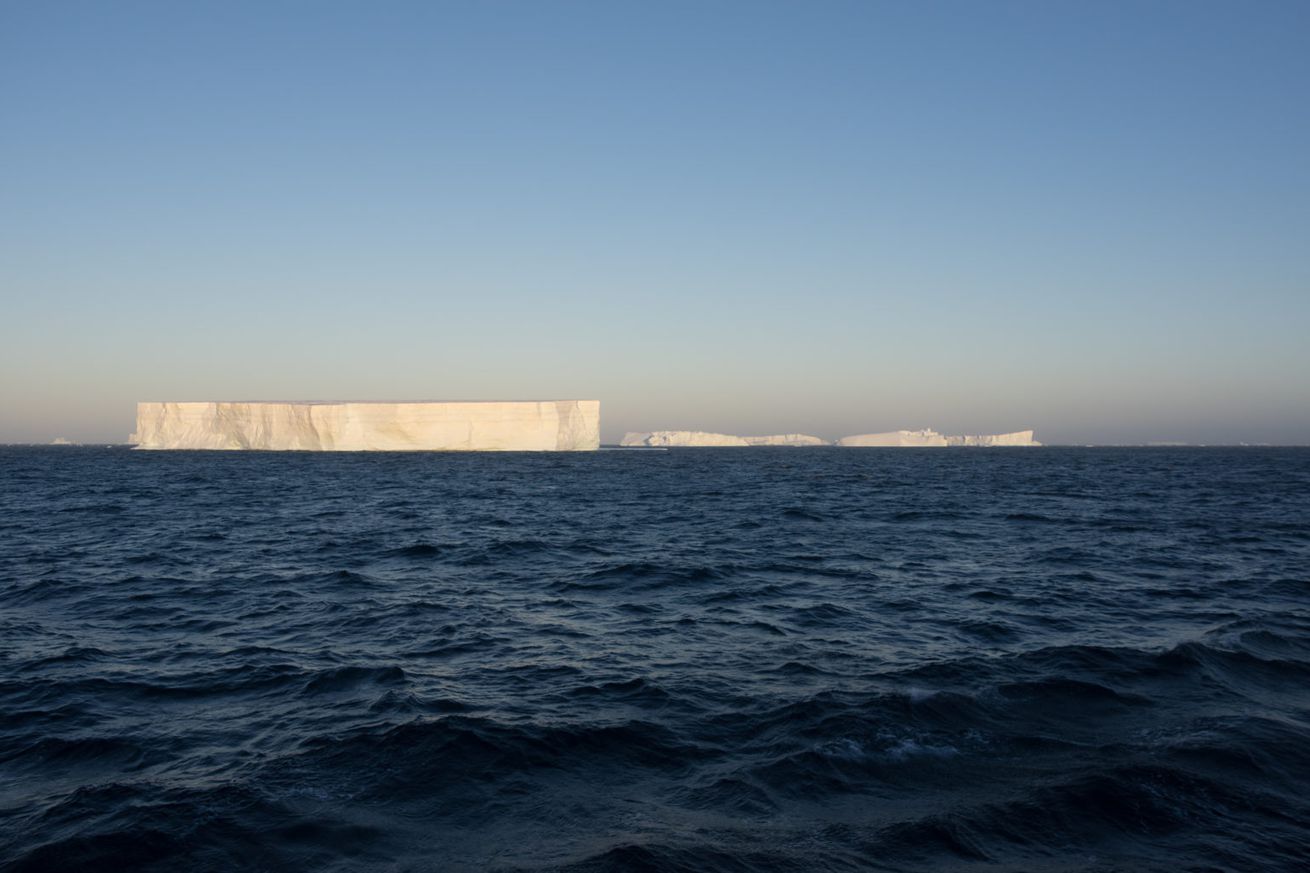Image: British Antarctic Survey/Povl Abrahamsen
An iceberg that was once the largest on the planet, dubbed A68a, recently released 152 billion tons of fresh water close to the sub-Antarctic island of South Georgia, potentially impacting the region’s ecosystem, a study published earlier this month found.
A68a captured the world’s attention in 2017 when it broke off the Larsen-C ice shelf, located near the tip of the Antarctic Peninsula. The largest iceberg in the world at the time of its formation, it initially floated around the Weddell Sea close to Antarctica before making its way its way across the Drake Passage between southern South America and the northern reaches of Antarctica. As it approached the southern Atlantic island of South Georgia in December 2020, researchers became…


